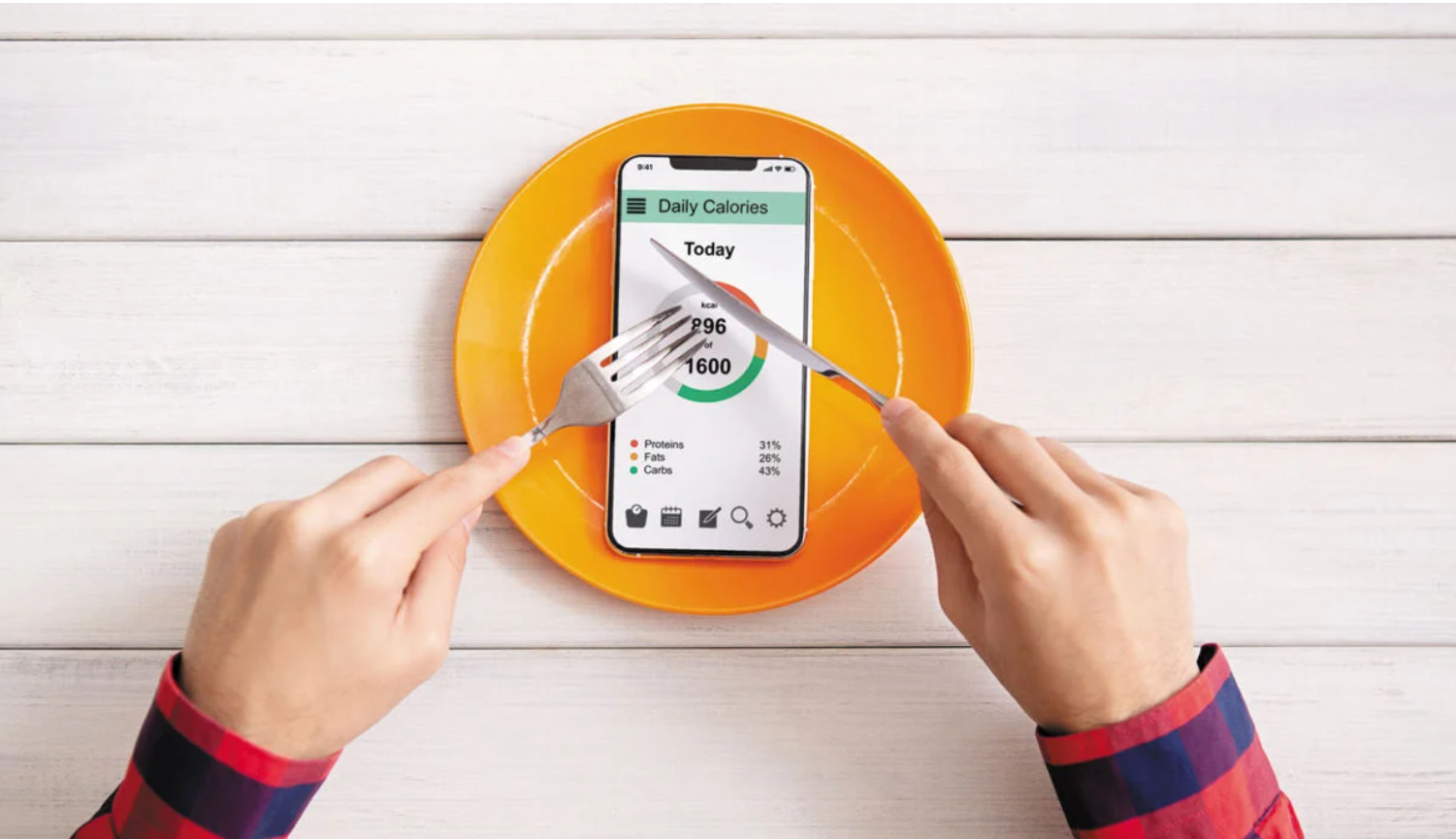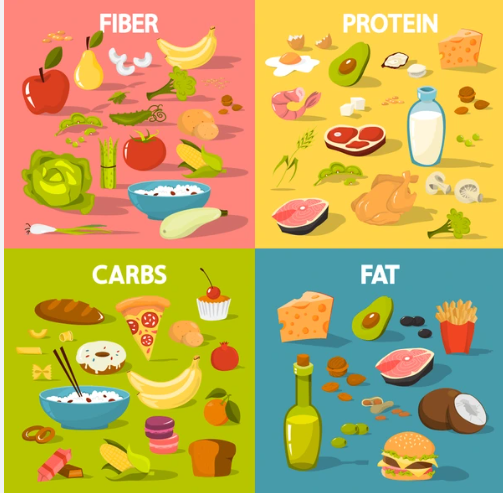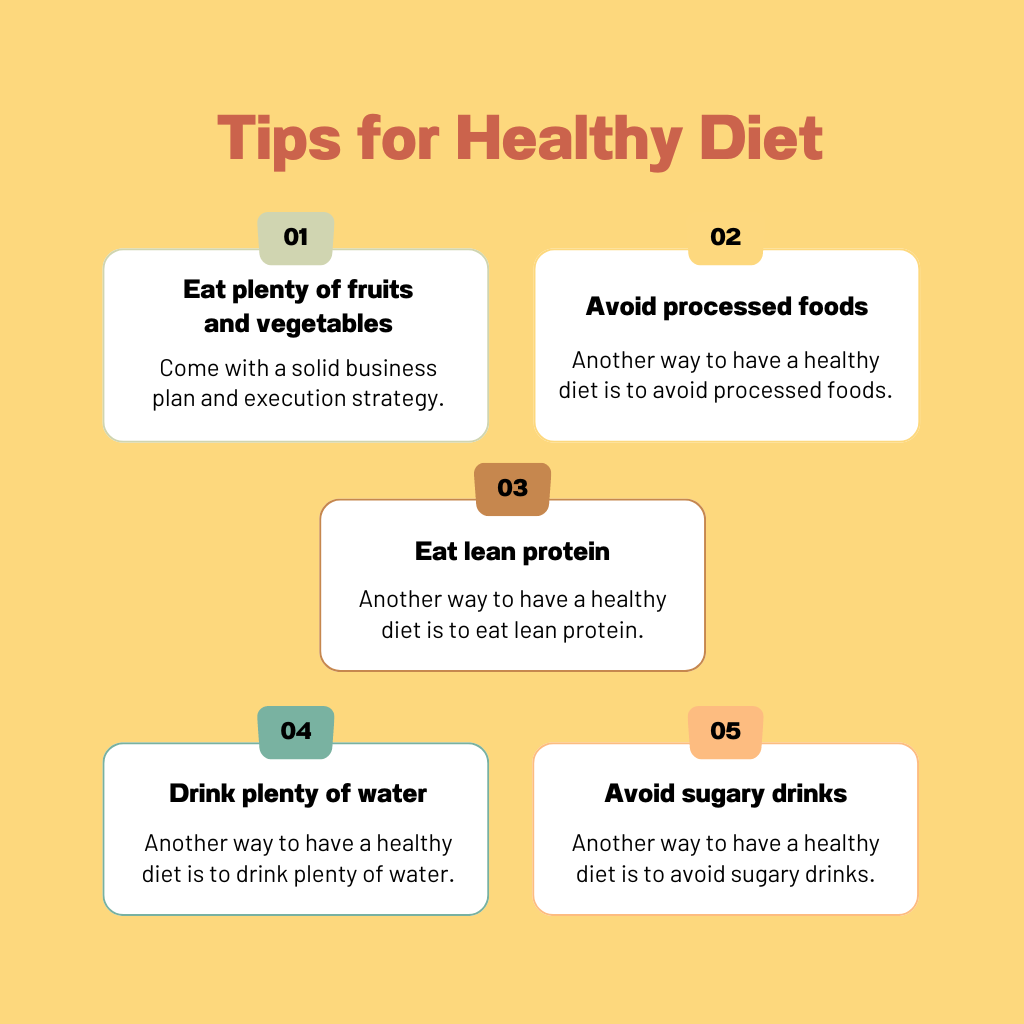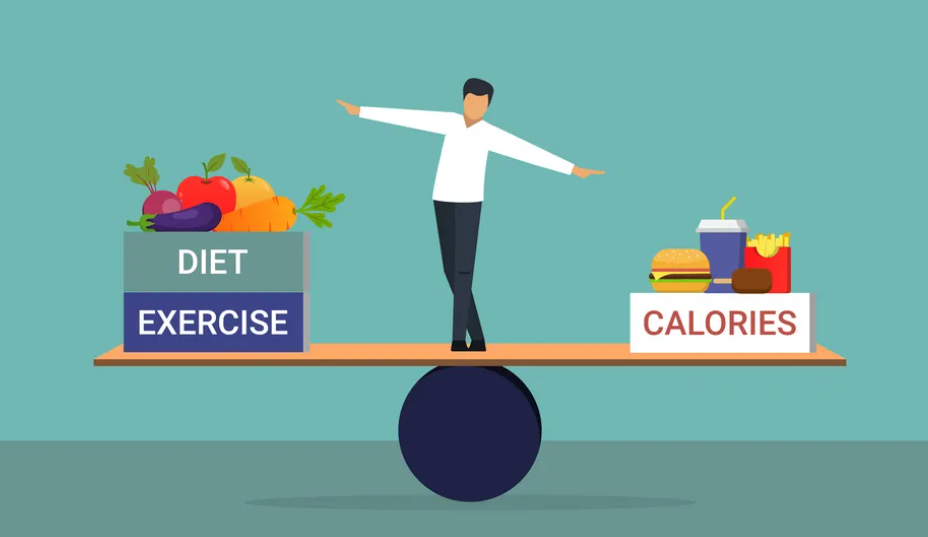In an era where health issues are rising due to poor eating habits and low-quality food, understanding daily calorie intake has become more important than ever. Maintaining a healthy lifestyle can feel challenging, especially with the abundance of quick, processed, and calorie-dense food options.
However, by understanding and managing your daily calorie intake, you can make more informed food choices that support long-term health and well-being. This guide will walk you through the essentials of balanced nutrition, helping you create a sustainable approach to eating that fits your lifestyle and health goals.
What are calories and why do they matter?
Calories are a unit of measurement used to quantify the amount of energy food provides when consumed.
Calories are vital for fueling both physical and mental activities. A well-balanced energy intake ensures that you have enough stamina to tackle daily activities.
Different foods provide varying amounts of calories. To maintain a healthy weight, it’s crucial to have a balance between your daily calorie intake and calorie expenditure.
How to Calculate Your Daily Caloric Needs

The best way to calculate daily calorie intake is by determining your Total Daily Energy Expenditure (TDEE), which estimates how many calories you need based on your activity level. For this you can calculate your Basal Metabolic Rate (BMR) which is the number of calories your body needs to maintain basic functions (breathing, circulation, etc.) while at rest. You can use the Mifflin-St Jeor Equation:
- For men:
BMR = 10 × weight (kg) + 6.25 × height (cm) – 5 × age (years) + 5 - For women:
BMR = 10 × weight (kg) + 6.25 × height (cm) – 5 × age (years) – 161
After calculating BMR, multiply it by an activity factor to get your TDEE:
- Sedentary (little or no exercise): BMR × 1.2
- Lightly active (light exercise/sports 1-3 days a week): BMR × 1.375
- Moderately active (moderate exercise 3-5 days a week): BMR × 1.55
- Very active (hard exercise 6-7 days a week): BMR × 1.725
- Super active (very hard exercise/physical job): BMR × 1.9
To lose weight: Aim to eat 10-20% fewer calories than your TDEE.
To gain weight: Eat 10-20% more calories than your TDEE.
For maintenance: Stick close to your TDEE.
You can also use online calorie calculators based on the same principles for quick results. They’re widely available and easy to use!
How to maintain a balanced diet

Achieving a healthy daily calorie intake is not solely about counting numbers; it also involves understanding the types of food that contribute to a well-rounded diet. Here are the key macronutrients you should focus on:
Carbohydrates: Your main energy source! Carbs should make up around 45-65% of your daily calories. Go for whole grains, fruits, and veggies to get the fiber and vitamins your body needs.
Proteins: These are essential for muscle repair and growth. About 10-35% of your calories should come from protein. Add lean meats, fish, dairy, beans, and nuts to your meals for a healthy dose.
Fats: Don’t shy away from fats—they’re important for cell growth and hormone production. Try to get 20-35% of your calories from healthy fats like avocados, nuts, olive oil, and fatty fish.
Vitamins and Minerals: Be sure to eat a variety of fruits and veggies to get all the vitamins and minerals your body needs. These nutrients do everything from boosting your immune system to keeping your bones strong.
Tips for Keeping Your Daily Calorie Intake on Track

Staying on top of your daily calorie intake doesn’t have to be hard—just try these simple tips:
Plan Your Meals:
Make a weekly meal plan to keep things balanced and avoid last-minute junk food runs. Have some healthy snacks prepped and ready to curb hunger between meals.
Watch Your Portions:
Use measuring cups or a food scale to get a feel for portion sizes, so you don’t accidentally overeat. Know the difference between what’s considered a serving and what you might actually be eating
Stay Hydrated:
Sometimes we mistake thirst for hunger. Drinking plenty of water can help you stay hydrated and avoid unnecessary snacking.
Listen to Your Body:
Pay attention to when you’re actually hungry or full. Try not to eat just because you’re bored or out of habit.
Getting expert advice
While these tips can definitely help you manage your daily calorie intake but sometimes you may need an expert advice. Talking to a nutritionist or a fitness expert can give you tailored advice and help keep you on track. Here are a few experts you might want to check out:
- Dr. Sardar Imran Qaisrani is a consultant nutritionist with over 21 years of experience. He practices at Slimmers Clinic in Lahore and specializes in areas like weight gain, weight loss diets, workout plans, bone disorders, children’s health, digestive health, and optimizing natural hormones.
- Dr.Ayesha Abbas (based in Karachi) specializes in weight loss, therapeutic diets, and women’s health. She provides personalized plans and is well-known for her practical approach to nutrition.
- Nutrackpk is a nutrition and wellness company based in Karachi that offers calorie-calculated meals tailored to different dietary preferences such as keto, protein-rich, and portion-controlled meals. Whether you’re looking for a balanced diet, weight management, or fitness-focused options, NuTrackPK provides personalized meal plans. They also offer consultations via WhatsApp and regularly engage with customers through social media platforms like Facebook and Instagram.
Conclusion
So understanding your daily calorie intake is essential for maintaining a healthy lifestyle. By calculating your Total Daily Energy Expenditure (TDEE) and prioritizing a balanced diet, you can customize your eating habits to align with your health goals. Always remember to focus on your nutrition while managing your career and lifestyle. Stay healthy and stay happy!
